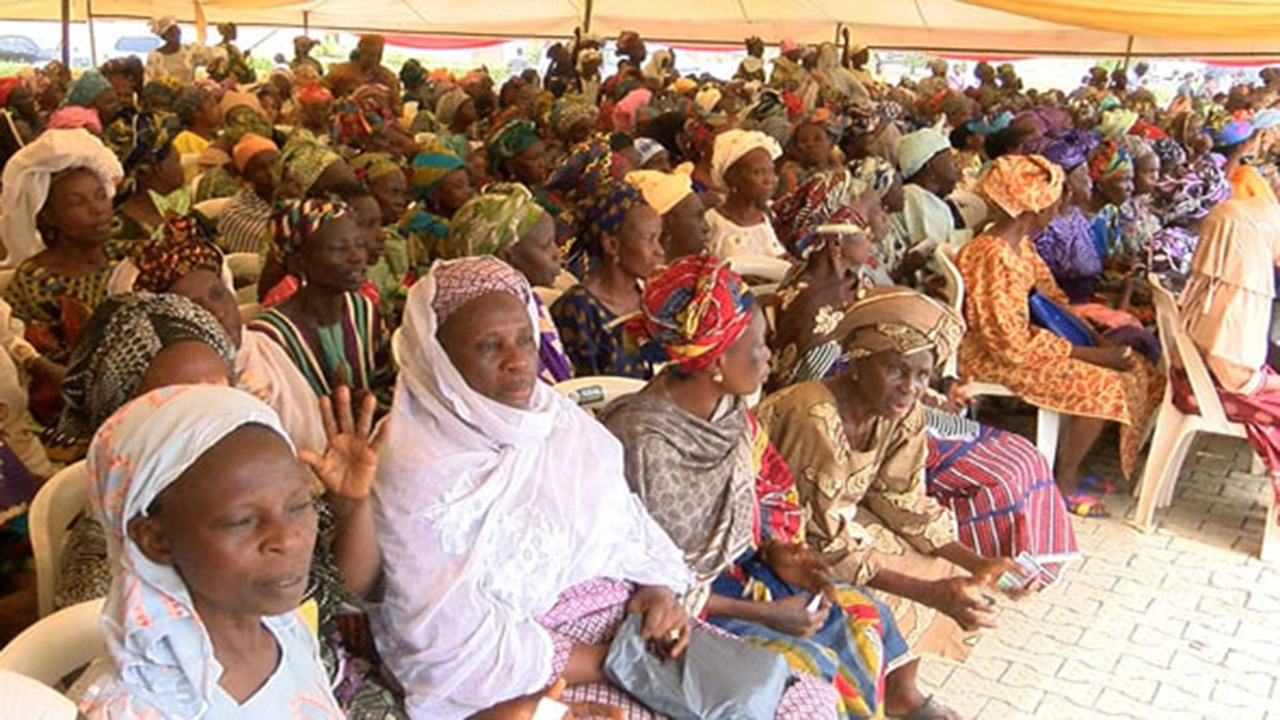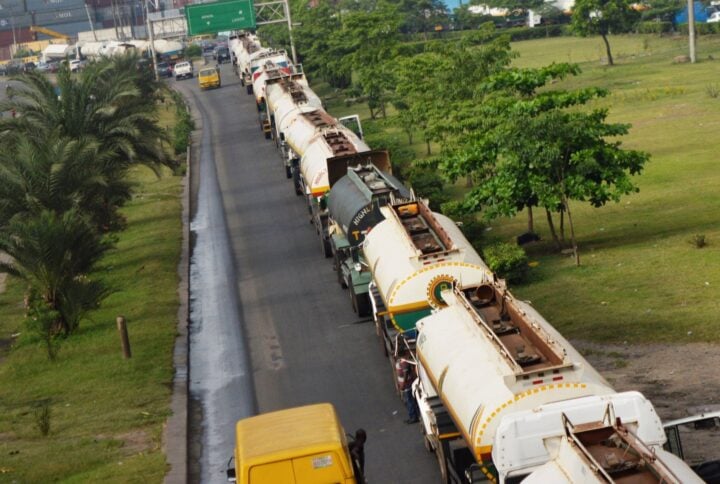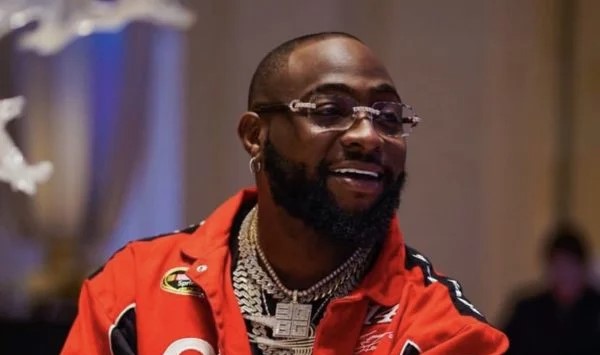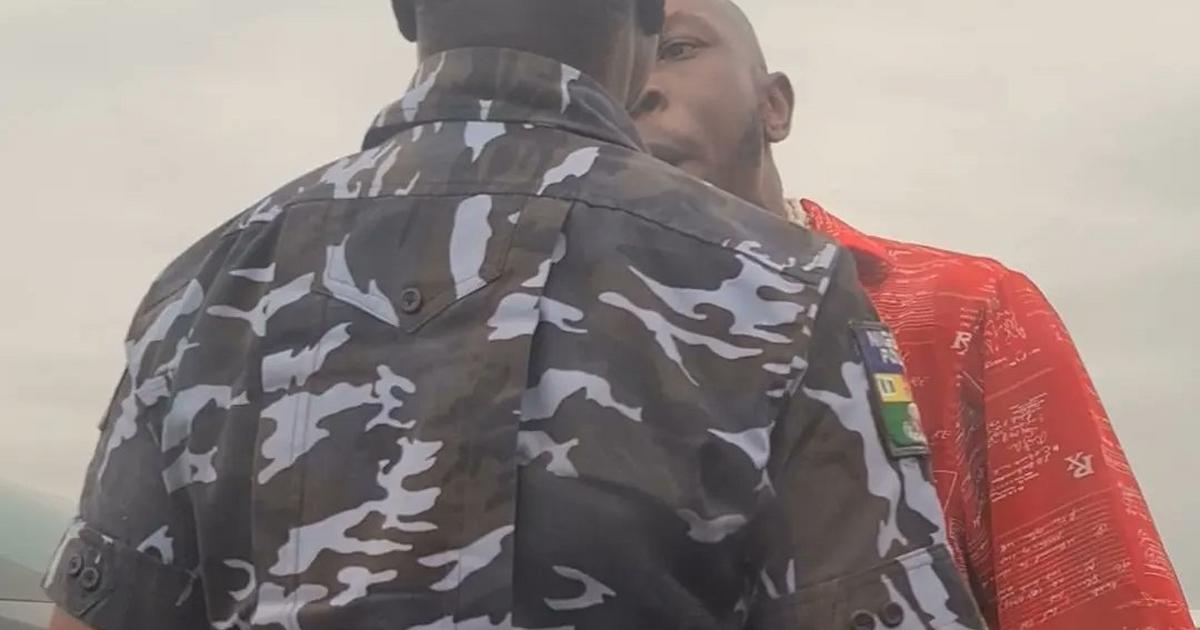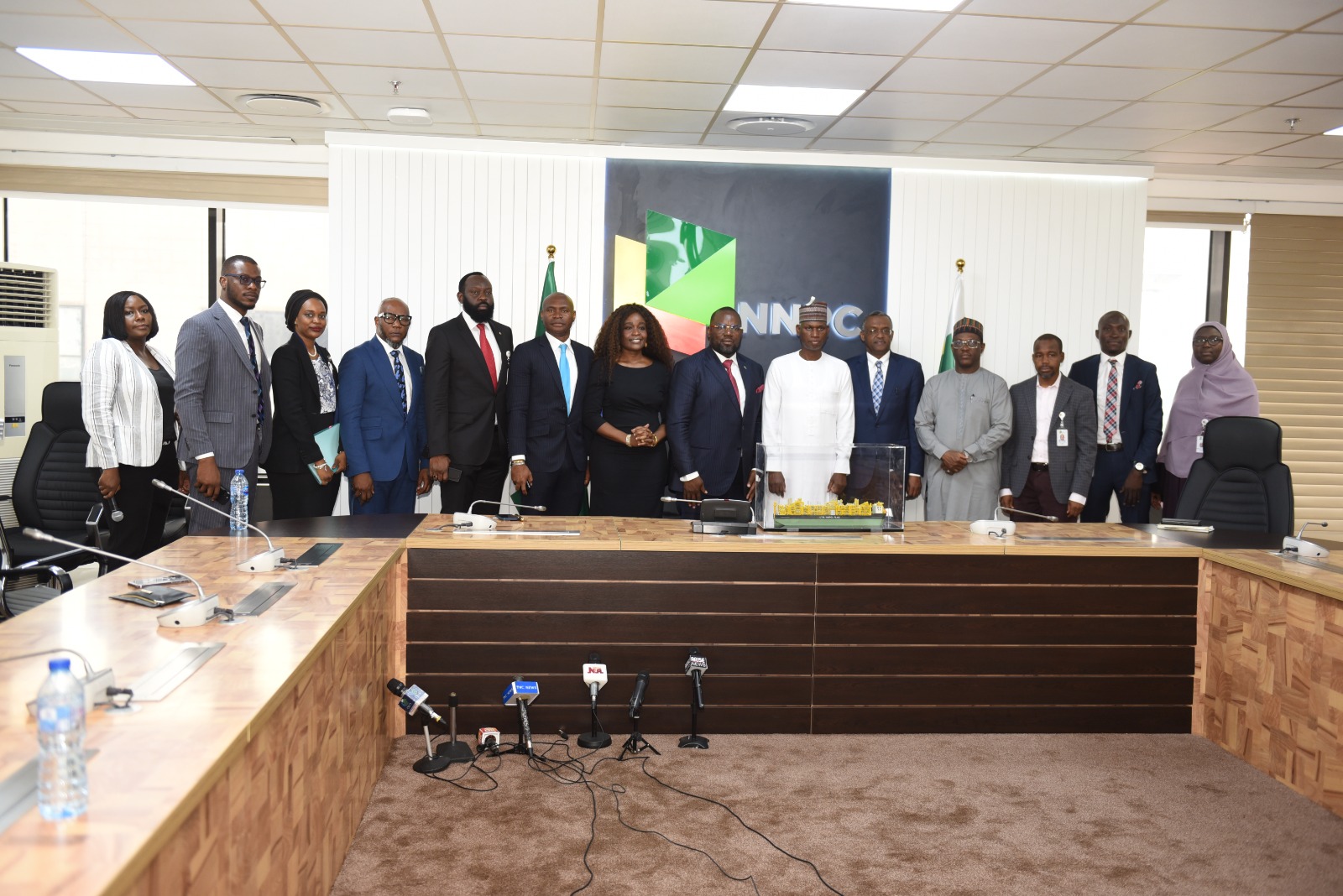BY HOPE NWAKWESI
The two components of life are birth and death. Every other thing in between is uncertain. Even in dexterity, it is destiny that completes.
So talking about widowhood, day one, the marriage vow includes “till death do thee part.” One day, it becomes a reality. But depending on your gender, status, and/or privilege, you can never be sure what trauma lies ahead.
One thing is sure: the patriarchal culture has provided a comfortable landing for men, unlike women. The issues of gender disparity and gender-based violence are worse experienced by women at the death of their husbands. The psychological concept of our culture has also created a perception, mostly stating that ‘men lose their wives, while women kill their husbands’. Women at the death of their husbands have been made to hold the short end of the stick. From abuse to discrimination and to disinheritance, most women at the death of their husbands have been stripped “naked” physically, financially, socially, and otherwise in the name of culture.
Advertisement
From the widowhood rite to property and children grabbing many widows have suffered severe loss in their loss. As a widow, my experience was traumatic and a long one but intro to the journey. I recall about 29 years ago, one month after the funeral rites of my late husband who worked as a police officer, I came back from the village to the barracks to meet a letter ejecting me and my children from the barracks. Fast forward three months later; on a certain morning, I went to my office at a police school where I worked as a teacher. I saw a group of people who seemed to be reading from the notice board, I walked up to join them to read whatever was being read. As I peeked into the notice board, pasted on it was my letter of suspension. My legs buckled under me and gave way. This is only an example of the systemic rot that goes on in all circles to which millions are not speaking as they are cut between fear and shame. I was just 27 years old with four kids under the age of 9.
My experiences in later years led me to found Almanah Hope Foundation. From personal and working experiences with widows came this quote from Cherri Blair’s words: “For many women, becoming a widow does not just mean the heartache of losing a husband, but often losing everything else as well.” This is an absolute fact.
Widowhood remains the most hidden and veiled area of violation of human rights. Women in widowhood are increasingly becoming vulnerable to multi-level poverty, discrimination, violence, stigmatisation, depression, isolation, and suicide. As a teacher, my recommended core action for our foundation was advocacy. Exposure, education, and information are important to counter our culture of silence and secrecy which remains the reason for the downward transmission of the culture of abuse.
Advertisement
Almanah Hope Foundation, for the past seven years, has held several charity walks simultaneously in some cities of Nigeria, including Lagos, Anambra, and Abuja. Using the media and schools, we have been educating and raising awareness of the various human rights abuses prevalent in widowhood, exposing predators and empowering widows with their voices and rights. Many widows whose properties were seized by in-laws have been featured on our live radio talk “A Widow’s Window” where they told their stories. I am happy to announce that some of these widows have had their properties returned to them.
In the early days of the COVID-19 lockdown, I got distressed calls from widows requesting palliatives in the circumstance of the lockdown and business closures that paralysed their daily earnings We identified several informal widow groups across Nigeria. I was overwhelmed by widows’ calls and chats. The search for palliative support led to our creation of the Nigeria Widows Database, which was immediately endorsed and launched by the ministry and the minister Dame Pauline Tallen with UN Women country reps as keynote speakers with the theme; Building the widows agenda from Covid-19. To achieve this, we believed that two major action points should be accorded priority. These are: Nigeria’s Widows Database and The Widows Protection Bill.
One fundamental challenge the distribution of COVID-19 palliative measures revealed is the clear absence of a comprehensive database, including a database for widows in Nigeria. This singular lack of a verified database resulted in incalculable damage, including falsification of personalities, diversion, duplication and waste of limited resources, double and hasty registration, paucity of relief materials, inefficient planning and policy implementation and outright exclusion of a sizable number of widow population.
1. We saw the need to build a database for widows. A database will go a long way in direct FG intervention through the Ministry and in the appropriate channelling of much-needed resources to target programmes, demographics, and households, thus directly improving the welfare of widows
Advertisement
2. Having identified the absence of a legal framework that is targeted at widows, we at Almanah Hope Foundation prepared and submitted for consideration in the Federal House of Representatives, a bill for an Act to eliminate all forms of repressive cultural practices against widows, provide for the protection of their fundamental human rights and for other matters connected thereto. The Bill seeks to abolish all forms of harmful and degrading practices, engender the fundamental rights of widows, provide effective remedies for victims, and promote accountability for perpetrators.
The bill was submitted through Hon Ade Adogun, representing: Akoko South East/Akoko South West constituency in 2019. The EXPLANATORY MEMORANDUM states;
This bill seeks to abolish all forms of harmful and degrading cultural and widowhood practices, defend and engender the fundamental rights of widows, provide effective remedies for victims, and promote accountability for perpetrators
It has been a long process as I continued to follow the journey in the House of Representatives (HOR). The Bill, which was inculcated with the revamped VAPP Act, was passed by the 9th House of Representatives on February 2, 2023, and sent to the Senate for concurrence, now awaiting Senate consideration and passage. Worthy of note is that the introduction and education of the idea obviously spurred an action that led to two former governors of Rivers and Benue states, Nyesom Wike and Samuel Ortom to pass a similar law protecting the rights of widows in their respective states.
While we await the stabilisation of the 10th Senate for completion, our advocacy journey has just begun.
Advertisement
Our seven-point agenda for building widows protection and inclusion, a summary recommended action of our international widows day charity walk with the theme; every widowhood rite that violates women’s dignity, includes:
1. Government pass the law and transmit it down to the masses using all channels.
Advertisement
2. Traditional leaders send a door to family letters and use town criers to disseminate the stop.
3. Religious leaders talk about it and preach against it.
Advertisement
4. Women, men, age grades, and all meetings, open your mouth, speak against it, and stop the practices.
5. Schools inculcate it in the curriculum, enlighten and reorient the youths.
Advertisement
6. Media enlighten the public and campaign in mass.
7. Place posters, and billboards on women’s affairs, local government headquarters, primary healthcare, and strategic centres stating it; with places of complaints in English and vernacular languages.
Almanah Hope Foundation, in continuing our advocacy activities to ensure women in widowhood are protected and empowered in collaboration with Widows Advocacy in Nigeria (WACIN), a coalition body of organisations working with and for widows, will embark on community enlightenment and sensitive to transmit the policy down our hinterland in a collaborative approach, while continuing on building the Nigeria widows database.
A bill protecting widows is an act that should be domesticated by every state House of Assembly and transmitted to the communities for implementation.
The 2010 statistic tells us that 14.6 per cent of women aged 55–59 globally are widowed.
However, while that age bracket includes a significant proportion of women, it does not capture the full picture because it did not state the possibility of 2/3 of them having been widowed for greater part of their years being Nigerians. In addition, the statistics obviously have increased higher with our various insurgency challenges even as the coronavirus and its related effects on health continue to cause havoc around the world.
Respite for the world widows, especially our Nigeria, is long overdue. The promotion, protection, and respect for their rights wherever they are, whether elderly and alone or young with young children should be paramount. We must work to ensure that widows anywhere and everywhere can live with dignity and autonomy. Let us ensure that in addition to losing their husbands, they do not also lose their rights. A legal framework required is being acquired. Together, we can provide safety and economic strength for women in widowhood in Nigeria.
Nwakwesi writes from the Almanah Hope Foundation Head Office, Lagos
Add a comment
